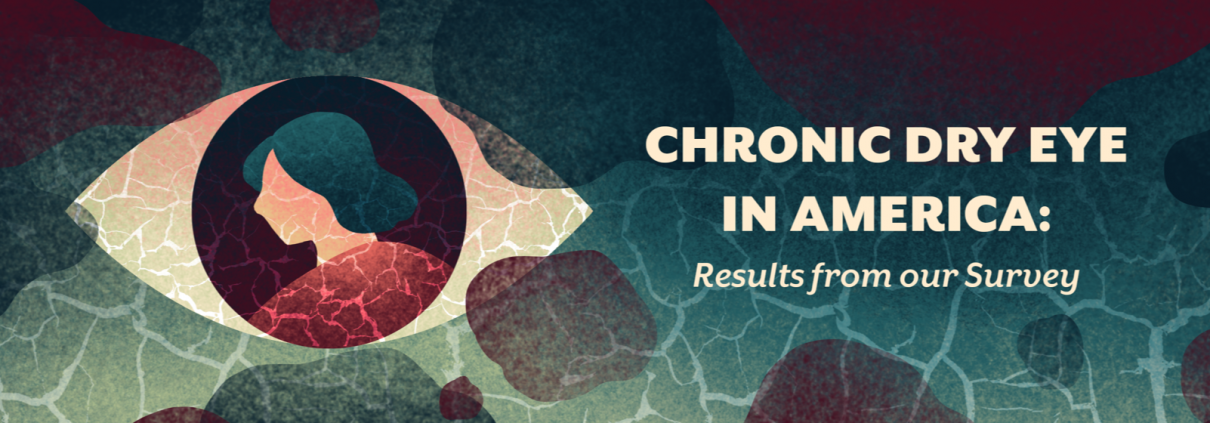The Value of Patient Perspectives in Answering Key Business Questions
Published March 1st, 2024 | 3 Minute Read
Patient input is vital from a commercial, research, and clinical perspective. They alone are the experts in their experience with a given condition. Enhanced understanding of the patient experience can help ensure that communications are clear and relevant to the target audience to help identify and drive patient-centered solutions and care strategies.
For over a decade, Health Union has regularly fielded condition-specific surveys within its growing portfolio of online health communities to bring the voice of the patient to the forefront. These surveys have collected thousands of responses from patients and caregivers living with a range of chronic and complex conditions. They have become deeply valuable sources – to both Health Union and industry partners – of timely, relevant, patient-reported data that offer genuine insight into the patient experience.
In recent years, Health Union’s syndicated offerings have expanded to better meet client needs, ranging from high-level reports for clients seeking condition overviews or specific data points to comprehensive reports that take an in-depth look at the patient experience. Core components of Health Union’s syndicated program include:
 In America, an annual IRB-approved survey that collects condition-specific feedback from over 30,000 respondents, across 50 conditions. This streamlined survey provides high-level insights into condition impact as well as treatment awareness, use, and satisfaction and offers an opportunity to examine similarities and differences across conditions.
In America, an annual IRB-approved survey that collects condition-specific feedback from over 30,000 respondents, across 50 conditions. This streamlined survey provides high-level insights into condition impact as well as treatment awareness, use, and satisfaction and offers an opportunity to examine similarities and differences across conditions.
 Patient Experience, a condition-specific, in-depth, IRB-approved research program, that focuses on quality of life, unmet needs, HCP dynamics and relationship, disease burden, treatment awareness, and treatment experiences — with quota-sampling to better represent important subgroups.
Patient Experience, a condition-specific, in-depth, IRB-approved research program, that focuses on quality of life, unmet needs, HCP dynamics and relationship, disease burden, treatment awareness, and treatment experiences — with quota-sampling to better represent important subgroups.
These core components mean that Health Union can now better help clients:
- Understand condition-specific patient journeys
- Validate target patient profiles (in terms of demographics, disease burden, treatment experiences, and information-seeking)
- Construct brand user profiles and how they compare to others using a competing product
- Explore varied condition experiences and the changes that occur according to line of therapy or disease stage
- Augment situation analyses and/or RWE or HEOR-related analyses
Health Union’s syndicated research harnesses patient driven insights to help brands develop foundational knowledge from the patient perspective.
Want to know if Health Union offers syndicated reports in a specific condition? The full range of available and upcoming research reports can be found here.
Interested in learning more? We invite you to fill out the form below.
Related Articles
Advanced Ovarian Cancer: Condition Control, But Screening Frustration
There is not currently a specific, effective screening test for early detection of ovarian cancer, a point 82% of respondents expressed frustration about.
Sickle Cell Disease Survey: Different Experiences with HCPs, Emergency Departments
Unfortunately, 65% of Sickle Cell Disease In America respondents who have visited an emergency department said they feel judged or stigmatized by the staff.
MG Specialists Impact Treatment Perspectives, Condition Knowledge
Nearly half of respondents currently see a doctor considered an MG specialist, 16% saw one previously and nearly a quarter have never seen an MG specialist.
Related Articles
Survey: People with Chronic Dry Eye Experience Various Misconceptions
Nearly half of Chronic Dry Eye In America 2021 survey respondents said that others don’t understand what they’re going through with chronic dry eye.
The Many Frustrations of Explaining Your Condition to Others
Findings across Health Union’s surveys can help spotlight some of the frustrations, context and nuances people face when discussing their conditions.
Advanced Ovarian Cancer: Condition Control, But Screening Frustration
There is not currently a specific, effective screening test for early detection of ovarian cancer, a point 82% of respondents expressed frustration about.






